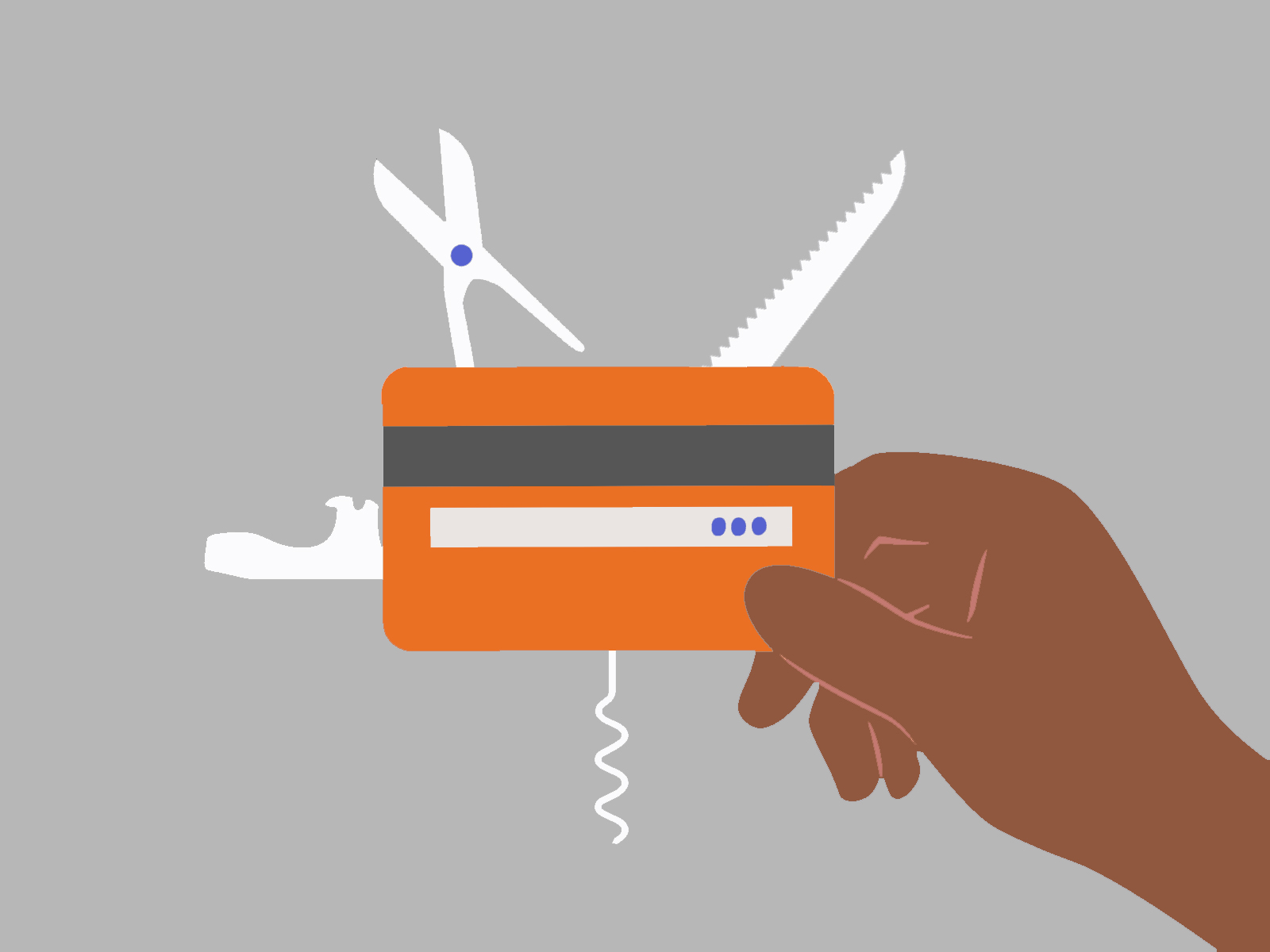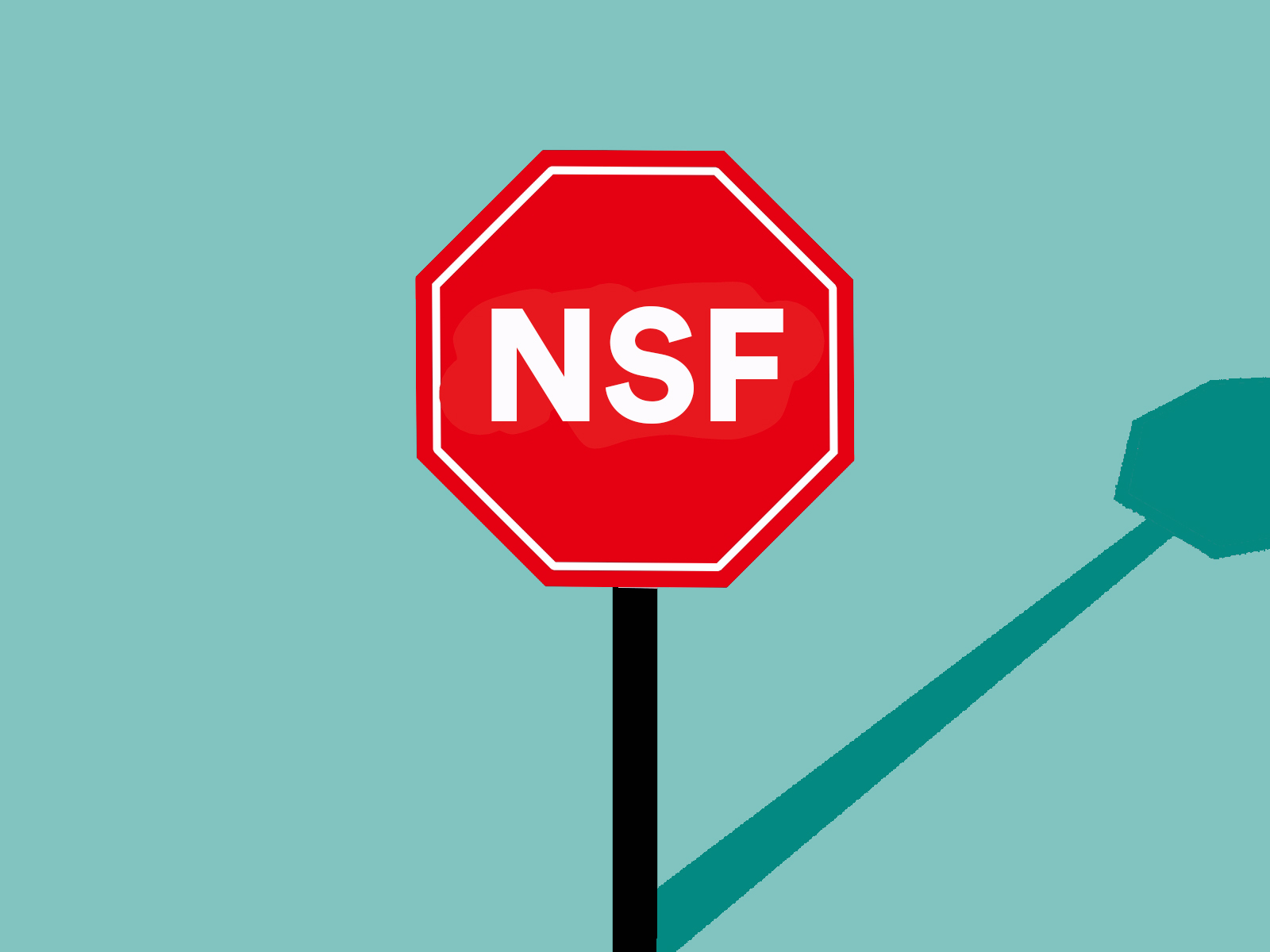Are these fees eating away at your money?
How is it possible to forget about your money? It's almost inconceivable given that we never seem to have enough. And yet, it happens much more easily than you might think.
Maybe this is a familiar story: After a $40 ABM withdrawal, you spend $20, but forget the other $20 in a coat pocket. The season ends, and the following year when you take that coat back out of the closet — surprise!
There's a happy ending there, but if you happened to give that coat away without checking the pockets, well… you just lost $20.
The more places we keep our money, the easier it is to forget about those we rarely use. In Canada, an estimated $888 million is sitting in forgotten accounts. As they say, out of sight, out of mind!
Apart from the fact that an account may be completely forgotten and the money held in it lost forever, here are some other good reasons to avoid having multiple chequing accounts unnecessarily.
Reducing banking fees
Many banks charge a monthly fee for each chequing account that you have. Although the fees may seem insignificant at first, multiply them by the number of accounts you have and that monthly cost can end up being pretty hefty. Next time you're sifting through your chequing accounts, consider whether it might be a good time to move your funds into a single no-fee chequing account.
Avoiding inactivity fees that can eat away at your balance
A chequing account is meant to be used to facilitate the flow of money. To encourage you to use your account, banks charge inactivity fees if no transactions are posted to the account within a certain time frame. It's pretty annoying to lose money by doing nothing, so you're best off to make sure you don't have accounts you're not using.
Dodging NSF fees
If a scheduled payment fails to go through because there isn't enough money in the account, you could end up seeing the letters "NSF" (for non-sufficient funds) — along with a sizable fee — on your next account statement. In addition to incurring fees due to insufficient funds, this could lead to a decrease in your credit rating. Some banks report this type of blunder to the main credit reporting agencies. Double whammy! After it happened to me, I changed strategies and drastically cut back on the number of chequing accounts I have. I won't make that mistake again!
Keeping everything together helps your money work harder
With multiple chequing accounts, you can lose sight of small amounts, and larger ones, too. And maybe you had plans for that money: a trip, a child's education or debt repayment. Having it scattered means you're not making it work as hard as it could. By keeping all the small and large amounts that are scattered around here and there in one place and depositing them into a real savings account, your money can grow a bit more than it would in a chequing account with a much lower interest rate (or even no interest at all).
A chequing account should be used as a transit point for money — a sorting station that distributes it across various bills and savings accounts. Money really shouldn't stay in the account for long, so there's no need to have too many of them.

